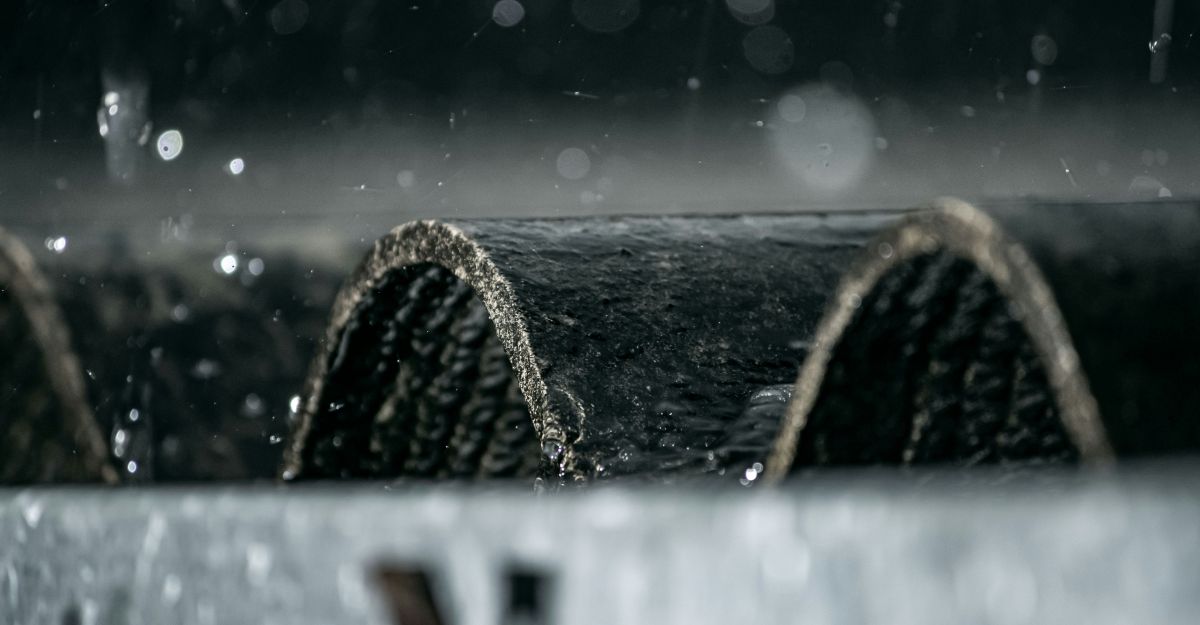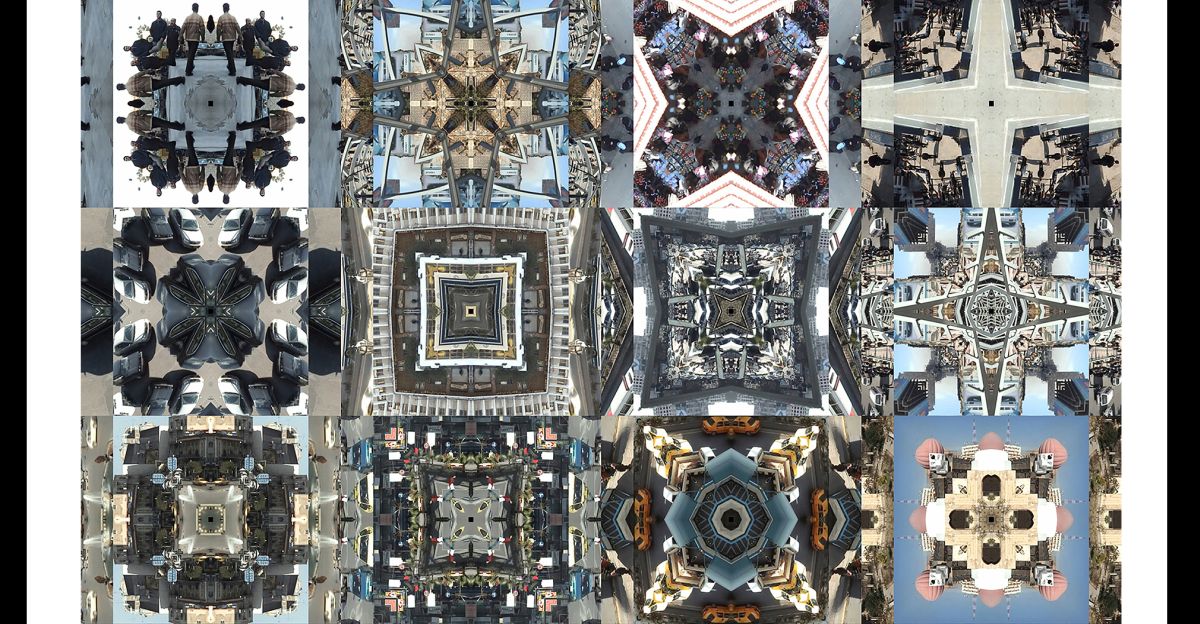I tend to judge the wildness of a night
by how often you say bitches. There always used to be
a car, at least, on fire. There’s that obsession
with morbidity: I’m fed up with poets today. Spell
megalomania. Spell acquiesce.
You pretend to be all hardcore
but you’re just a bruised apple. I escaped
to buy toilet paper. Mine is reverse-cycle.
How fucking dare he make us fucking feel
this way? The abstract noun
of a concrete noun. You had the mushrooms
last year. I’m not sure if it’s a changing
of the guard. That’s overzealous
cleaning, anyway.
Read the rest of Overland 229
If you enjoyed this poem, buy the issue




